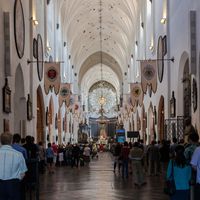Gdynia
8.44
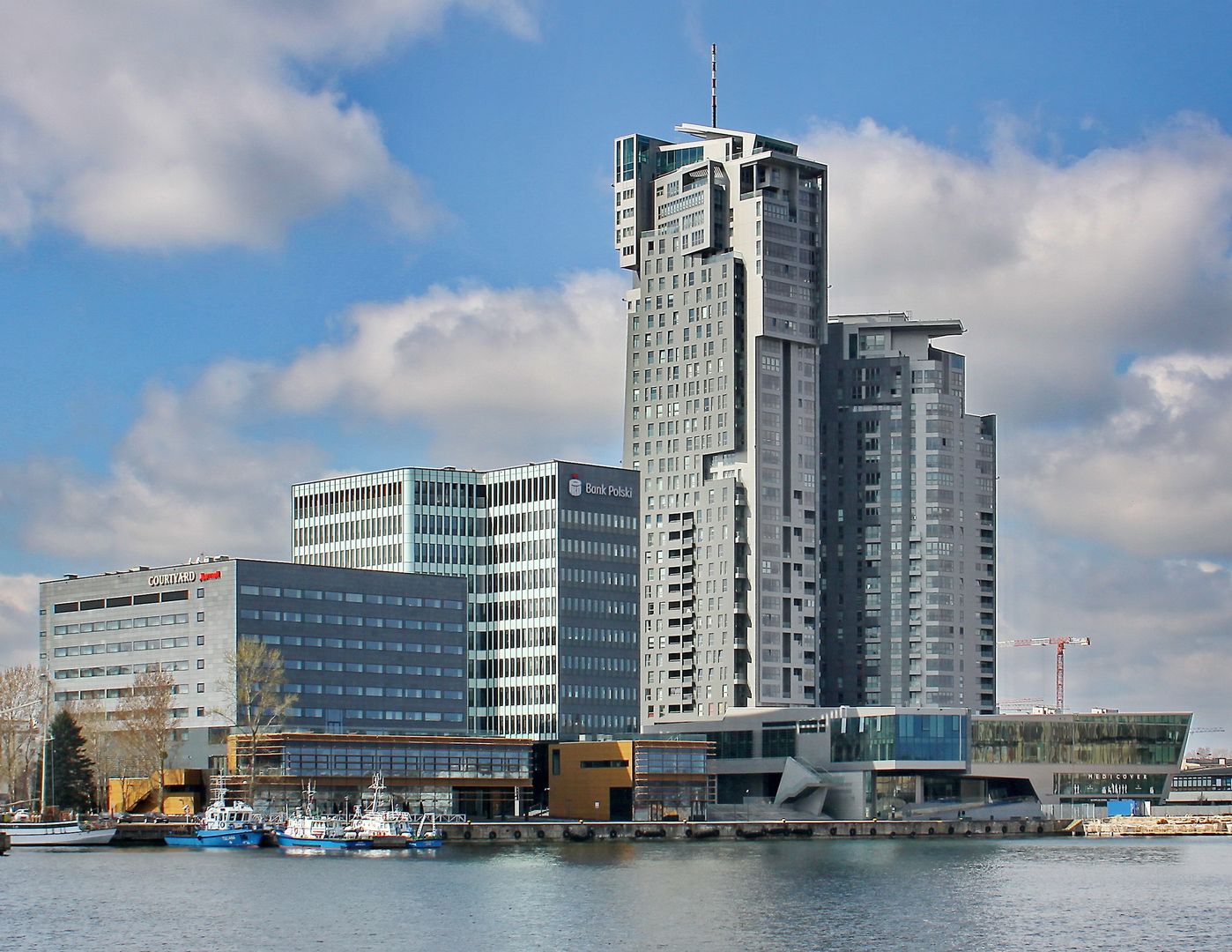
Overview
Gdynia, located on the Baltic Sea in northern Poland, is a city with county rights that was granted city status in 1926. The city became an important center thanks to the construction of a port, which provided Poland with access to maritime trade routes. Gdynia, part of the Tricity (alongside Gdańsk and Sopot), has a population of approximately 244,000, making it the largest non-voivodeship city in Poland. Architecturally, Gdynia is known as the "white city" due to its modernist buildings, primarily from the interwar period, many of which survived the war, preserving its historical character. The city also features several skyscrapers, including the Sea Towers complex.
Culturally, Gdynia thrives with a variety of festivals, such as the Open’er Festival, the Polish Feature Film Festival, and Gdynia Classica Nova. The city is home to numerous museums, including the Emigration Museum and the Navy Museum, as well as art galleries and theaters like the Musical Theater and the City Theater. Gdynia also hosts significant sporting events, with a strong emphasis on sports reflected in its many football, sailing, and other clubs. Interestingly, Gdynia is featured on the Monopoly board, and its cinematic history is represented by films such as "The Call of the Sea" and "City from the Sea."
The city has developed numerous seaside promenades and is known for its maritime economy, including numerous shipyards and transport companies. Gdynia also offers a variety of tourist attractions, such as beaches, piers, a naval port, and nearby green areas. Over its 100-year history, Gdynia has transformed from a small fishing village into a dynamic city that blends tradition with modernity, offering its residents a high standard of living and rich cultural and sporting opportunities.
Trip Plans
Location
Country
Tickets
Powered by GetYourGuide
You can also find here:
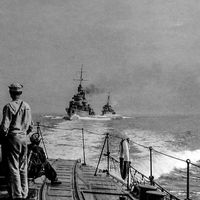
ORP Lightning
8.33
City center, Gdynia

Gdynia City Museum
7.68
Gdynia
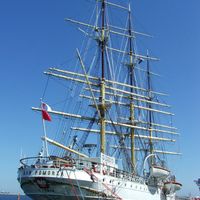
Pomerania Gift
7.49
City center, Gdynia
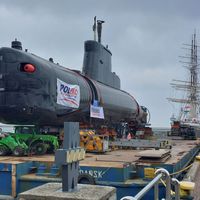
ORP Sokol
7.48
Gdynia

Trójmiasto Landscape Park
7.37
Gdynia
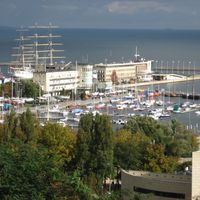
Gdynia Aquarium
7.19
City center, Gdynia
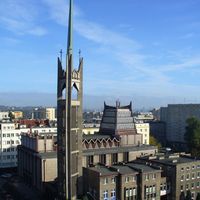
The Collegiate Basilica of the Most Holy Virgin Mary, Queen of Poland in Gdynia
7.01
City center, Gdynia

Chylonia
6.98
Gdynia
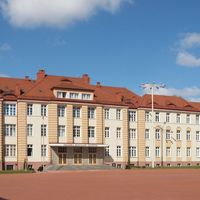
Naval Academy named after the Heroes of Westerplatte
6.81
Gdynia
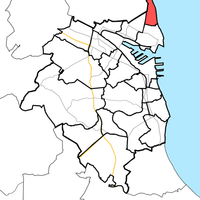
Babie Doły
6.69
Gdynia
2026 Wizytor | All Rights Reserved
